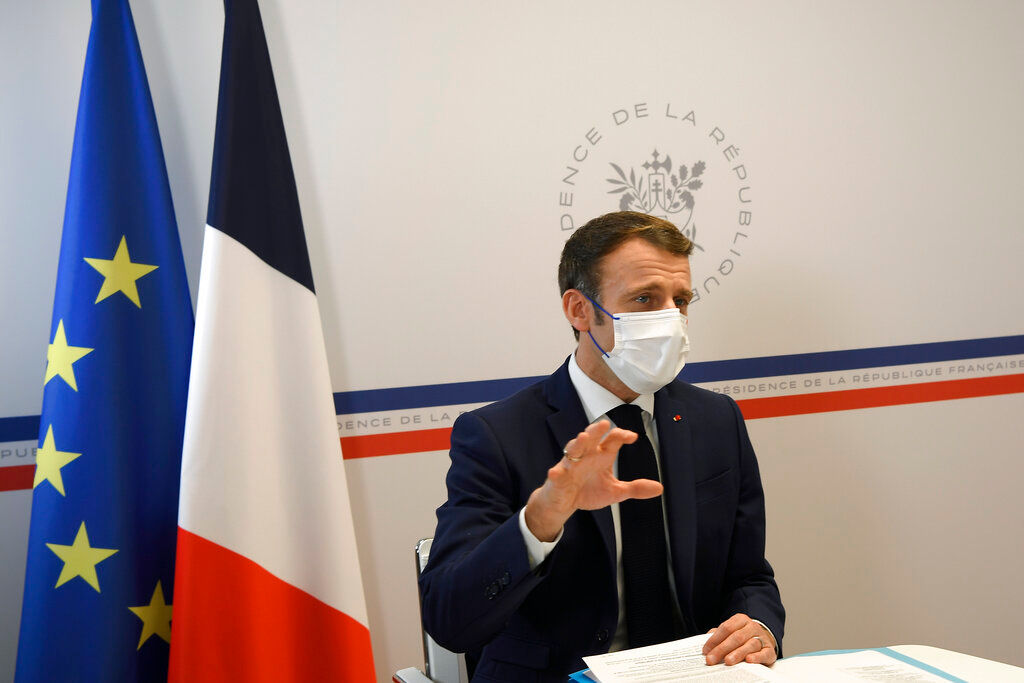French President Emmanuel Macron to hold phone talks with Russian President Vladimir Putin, over Ukraine, this Friday, as per AFP. He has also warned that Russia will pay a very high price if they choose to attack Ukraine. At the meeting with German Chancellor Olaf Scholz, Macron expressed that both France and Germany are united regarding the Ukraine situation being de-escalated.
The French President continued that talks with Russia are never easy but they must take place, while Scholz said that Germany would hold Russia responsible to provide clear steps of resolving the situation. Macron still hopes there’s space for talks amid increased military presence on the ground. To felicitate the talks, ambassador Pierre Vimont, Emmanuel Macron’s special representative for Russia, will travel to Moscow this Tuesday.
Also Read | Ukraine urges calm, says Russia not likely to invade now
His decision to speak to Putin comes at a time when NATO has sent more troops to eastern Europe, preparing for a possible invasion by Russia, mounted by Moscow. Meanwhile, the Russian side has rubbished their plans for any invasion, but have troops stationed at Ukraine’s borders.
Also Read | US draws down Ukraine embassy presence as war fears mount
Their demands are that Ukraine’s entry into NATO is blocked, and the organization decrease their military presence in eastern Europe altogether. This has been rejected by NATO head, the United States of America. The Biden-led administration is also in talks with Russia, with Secretary of State Anthony Blinken recently holding talks, and stating there’s a clearer understanding of the other side’s demands now. However, the US is also mulling sending 5,000 troops to eastern Europe in the event of an invasion.
Also Read | Germany’s worry of sending arms to Ukraine rooted in history, energy
However, France’s stance has been to reduce the tension between the Westerners and Russia, and their statement can be translated as, “We are concerned, we are also very careful not to create ambiguity additional volatility”. They also conceded that the sentiments towards Russia differ slightly among the members of the European Union, but they are unified in their true aim to keep the situation in check.







